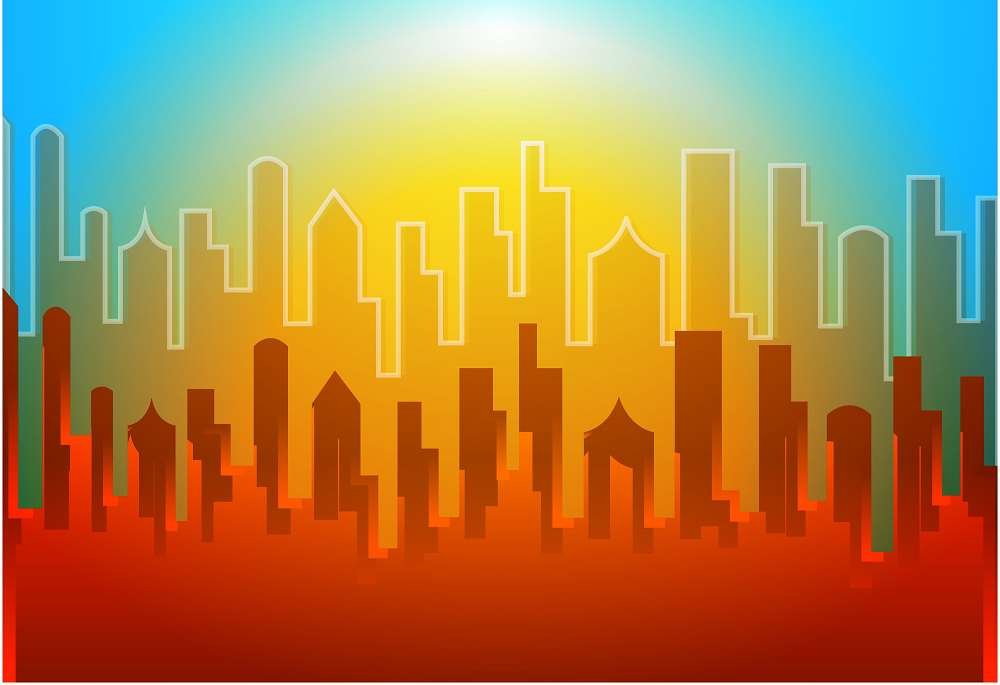UN’s Sustainable Development Goals: The Critical Role of Banks in Creating a Sustainable Future
Published by Gbaf News
Posted on February 8, 2019
3 min readLast updated: January 21, 2026

Published by Gbaf News
Posted on February 8, 2019
3 min readLast updated: January 21, 2026

Melisa Simic, VP Sustainable Finance, Environmental & Social Responsibility Advisory at ING
The Sustainable Development Goals (SDGs) are the blueprint to achieve a better and more sustainable future for all. Set by the United Nations Development Programme in 2015, the 17 SDGs and 169 targets included in the program address global sustainability challenges — including those related to poverty, inequality, climate, environmental degradation, prosperity, peace, and justice.
With a target date set for 2030, the clock is ticking for the 193 countries signed up to meet the deadline. According to the Business and Sustainable Development Commission, reaching these goals will unlock at least $12 trillion a year in economic development by 2030 and generate 380 million jobs, much of this in developing countries.
To meet the ambitious targets and deadline, banks will play a critical role in providing both finance and expertise. Banks are already well placed, owing to their current sustainability strategies, the markets in which they operate and their core businesses.
Promoting New Business Models
Global sustainability challenges — including the extremes of climate change, population growth and resource scarcity — require that the finance sector lead the charge to adapt and promote new economic and business models. There are several ways that banks can help promote these goals.
First, banks must help businesses transition away from practices that undermine SDG goals, internalize these lessons in their own banking operations — and be proactive in creating sustainable solutions.
Second, banks must promote sustainable practices and provide banking solutions that help alleviate social and economic challenges. Although not listed as an individual goal, financial inclusion is crucial to many of the SDGs. By increasing efforts to reach the unbanked, the finance sector can help eliminate poverty, create jobs, improve healthcare and promote gender equality.
Third, and perhaps most critical, commercial lenders, international development banks and buy-side investment firms each have a unique role to play to successfully achieve these goals. Commercial banks are essential to finance the substantial investment needed, which is estimated to cost between $5 trillion to $7 trillion per year. International development banks are crucial to opening up viable opportunities for commercial banks. And finally, getting international investors on board is critical to funding these goals — and banks are essential to that, as they will need to help persuade investors to shift their focus away from short-term investments and embrace more long-term, development-based projects.
According to PwC, 90% of citizens say it’s important for businesses to sign up to the
SDGs, while 71% of businesses say they are already planning how they will respond to the SDGs. By promoting the SDGs, financing specific projects and reviewing the financial services they offer, banks can help their corporate customers match consumer expectations.
With 78% of citizens now saying that they are more likely to buy the goods and services of companies that had signed up to the SDGs (increasing 90% for citizens from Latin America) this is good business for both banks and their customers.
New Market Opportunities
Making the necessary adjustments to meet SDG goals will also bring innovation and new market opportunities — both drivers of business growth. Banks that take the lead in this area of expertise will be the ones driving a more sustainable future.
With just 12 years to fulfill the SDG goals, there is no time to waste. This is a genuine opportunity for banks to build trust and take a leading role towards a more sustainable future.
Explore more articles in the Banking category











